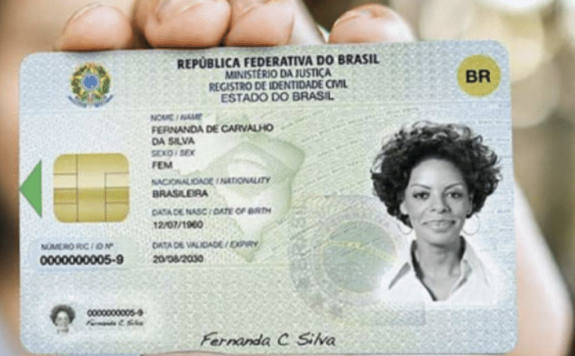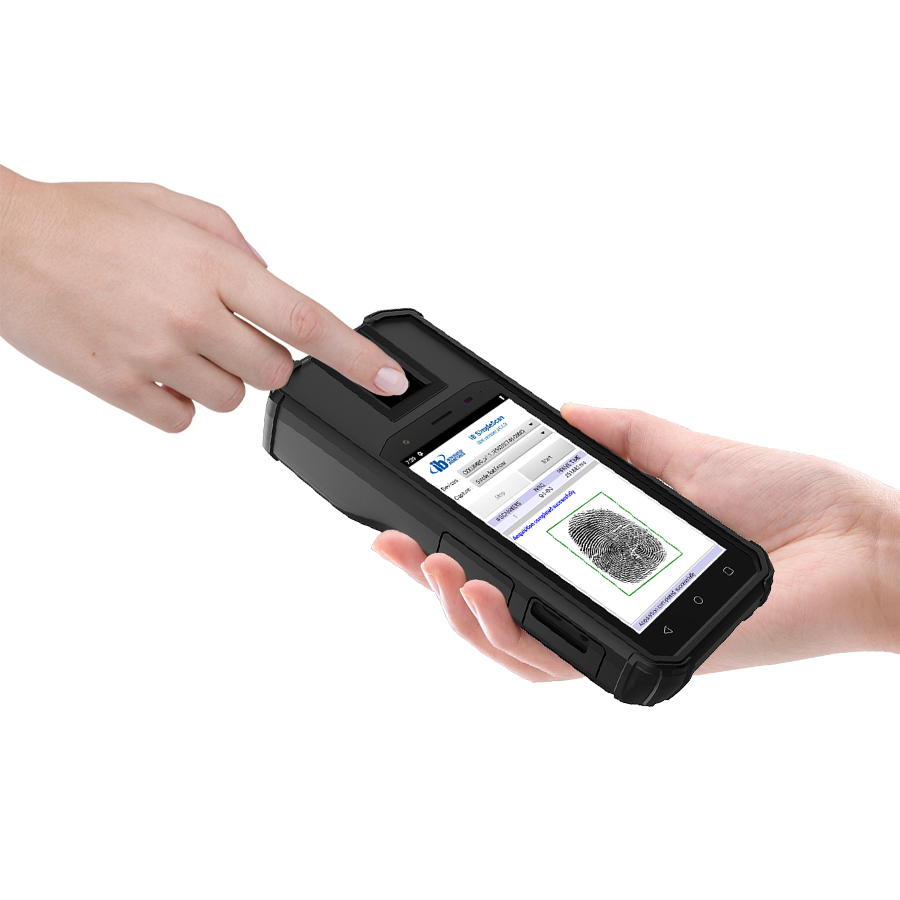An implementation plan for the Federal Biometric Service is expected to be released within 90 days.
The government has announced that 20 million CINs have already been issued to Brazilians since the ID card’s launch in 2022, and notes the IDs usefulness for receiving free emergency medical services and easing various kinds of transactions.
The CIN database and the Gov.br digital identity system will also serve as the basis for Brazil’s digital public infrastructure, according to the announcement.Brazil has established a Federal Biometric Service to oversee the issuance of the country’s biometric national identity card, Carteira de Identidade Nacional (CIN).
The new law mandates the Federal Biometric Service to have systems for performing one-to-many and one-to-one biometric checks against the biometric data it holds. The fingerprint data it holds should meet the NIST Fingerprint Image Quality (NFIQ) 2 standard, based on ISO/IEC 29794-4, and face biometrics should meet ICAO’s 9303 specification, in line with ISO/IEC 29794-5. The agency should also set up its system with regard to NIST’s FRTE evaluations and MINEX III fingerprint template interoperability.
False non-identification rate (FNIR) should be 0.02 at a fixed false positive identification rate (FPIR) of 0.001 for single fingerprints, 4-4-2 prints should have a 0.0002 FNIR and rolled ten-prints should have a 0.001 FNIR with the same false positive threshold.
For face biometrics, the system should deliver an FNIR of 0.0085 or less based on the “Immigration visa-border” category of the NIST FRTE 1:N. Thirty-nine algorithms met that standard, as of NIST’s February 5 update.





Leave feedback about this